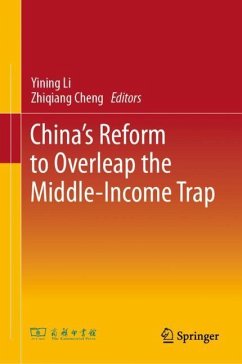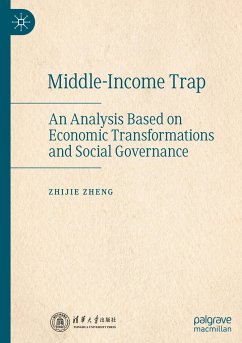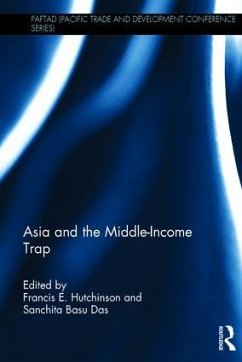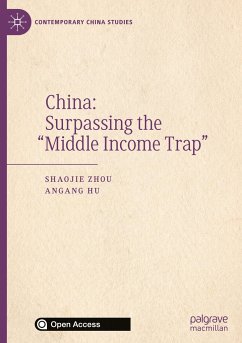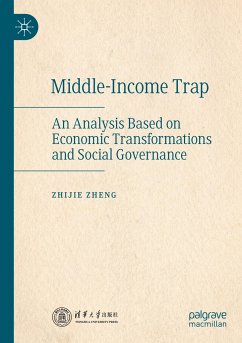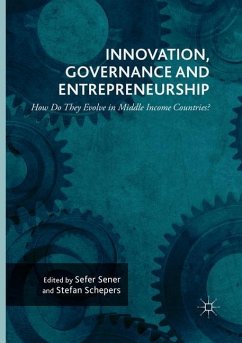
Middle-Income Trap. Is there a way out?

PAYBACK Punkte
0 °P sammeln!
Essay from the year 2017 in the subject Business economics - Economic Policy, grade: Distinction, London School of Economics, language: English, abstract: Middle-income trap has become a well-known phenomenon with a large number of countries falling into the trap and getting stagnated. The article is an attempt to investigate whether falling into the Middle-income trap is inevitable or there is a way out through in-depth review of secondary research. The article argues, supported by previous empirical and descriptive evidence, that countries (and regions within) are not systematically bound to...
Essay from the year 2017 in the subject Business economics - Economic Policy, grade: Distinction, London School of Economics, language: English, abstract: Middle-income trap has become a well-known phenomenon with a large number of countries falling into the trap and getting stagnated. The article is an attempt to investigate whether falling into the Middle-income trap is inevitable or there is a way out through in-depth review of secondary research. The article argues, supported by previous empirical and descriptive evidence, that countries (and regions within) are not systematically bound to fall into a MI trap, rather, certain determinants, such as institutions, economic structure, infrastructure and other factors make countries (and regions within) more susceptible to a MI trap. It discusses how the complex economic structure of a MI country (and region within) requires a shift to capital intensive, innovation- driven efficient economy to make a timely transition to HI economy. It also highlights the need for a certain level of infrastructure to capture the benefits of an export-based economy. Moreover, decentralization, inequality and demography play significant role in intensifying the MI trap period affecting growth. Therefore, the article concludes, while some countries (and regions within) fall into a MI trap and stagnate, others do not, due to uneven condition of their determinants.






